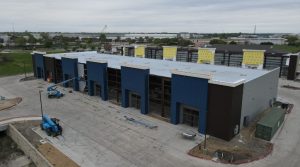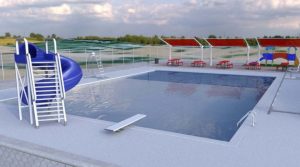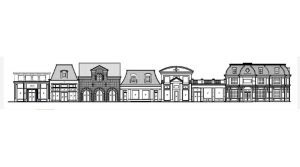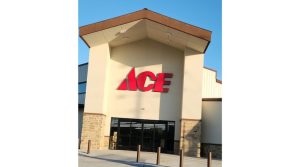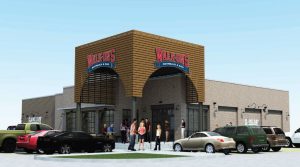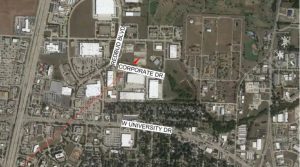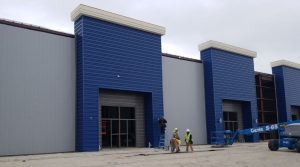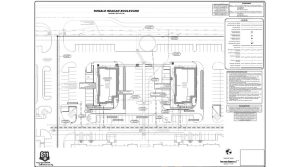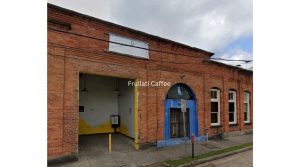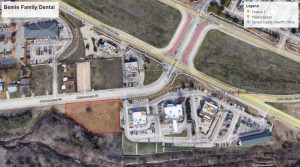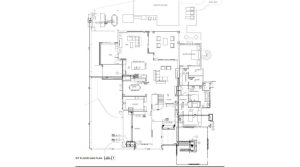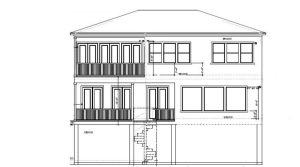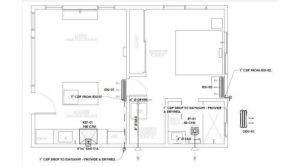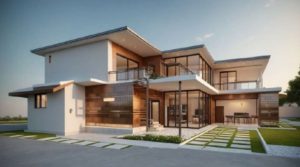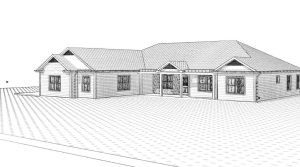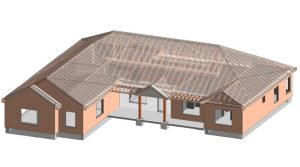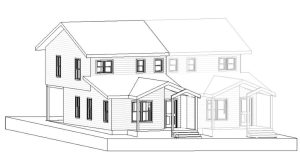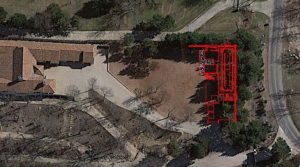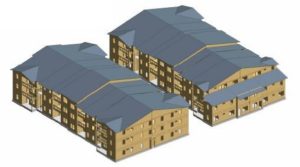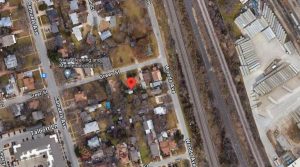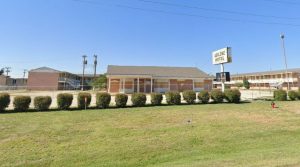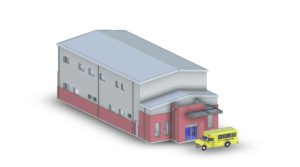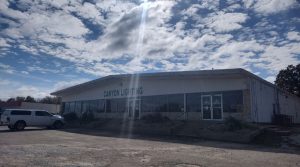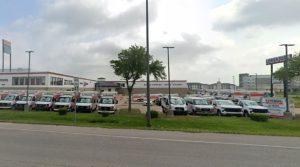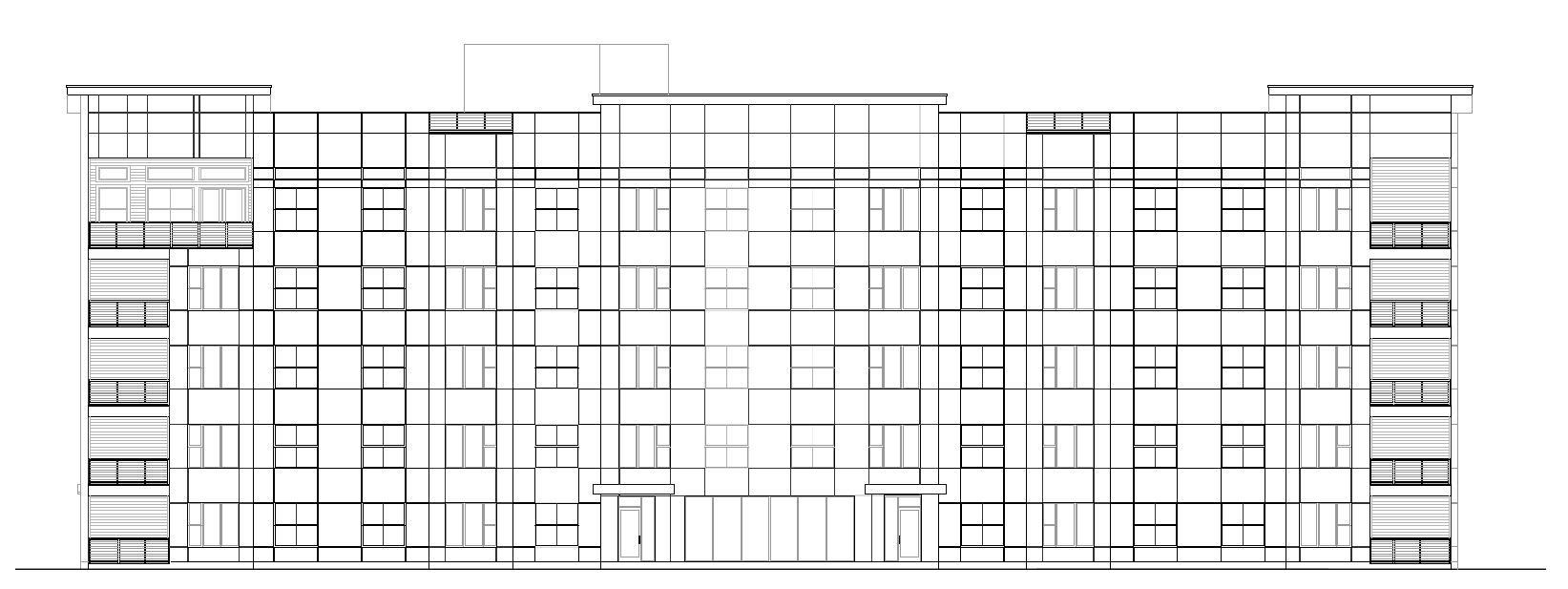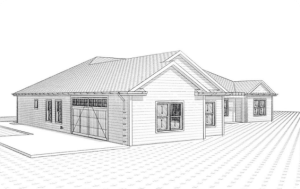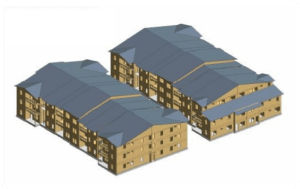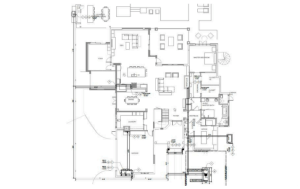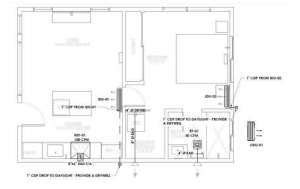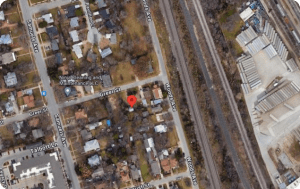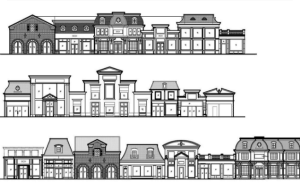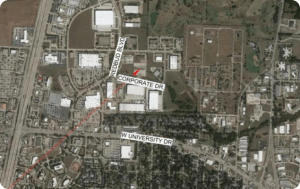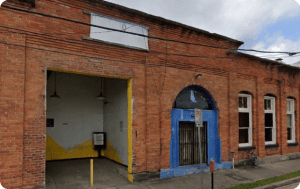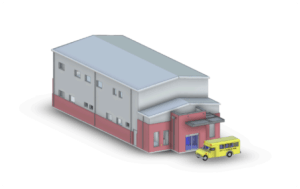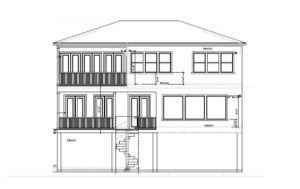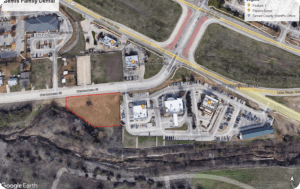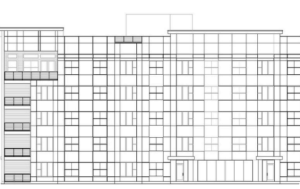Top Benefits of Efficient Mechanical HVAC Design in Commercial Buildings
Heating, ventilation, and air conditioning (HVAC) systems are at the heart of modern commercial buildings. They regulate temperature, maintain air quality, and ensure occupant comfort year-round. When designed efficiently, mechanical HVAC systems also lower energy costs, extend equipment life, and support sustainability goals. Partnering with an experienced mechanical design engineer consultant is the most effective way to achieve these benefits.
Understanding Mechanical HVAC Systems
Mechanical HVAC systems in commercial buildings do far more than just heat or cool spaces. They:
- Control indoor temperature
- Manage humidity levels
- Filter and clean indoor air
- Ensure adequate ventilation
These systems are complex, serving multiple zones with different needs. A well-planned design ensures that each zone receives the right conditions without wasting energy.
The Importance of Professional HVAC Design
Unlike residential systems, commercial HVAC design requires a detailed understanding of building use, occupancy patterns, and environmental factors. A mechanical design engineer consultant uses advanced modeling tools to simulate real-world performance. This allows them to:
- Accurately size equipment
- Avoid over- or under-engineering
- Integrate controls for optimal performance
Key Benefits of Efficient HVAC Design
1. Energy Efficiency
One of the most significant benefits of efficient design is reduced energy use. Oversized systems waste energy and increase costs. Undersized systems struggle to meet demand, leading to inefficiency. Proper load calculations ensure the right balance.
Energy-efficient HVAC design may include:
- Variable speed drives for fans and pumps
- Energy recovery ventilators
- Demand-controlled ventilation
- Zoning and occupancy sensors
2. Lower Operating Costs
An efficient system doesn’t just consume less energy — it also costs less to maintain. Quality design minimizes wear on components, reduces breakdowns, and allows for easier servicing.
3. Improved Indoor Air Quality (IAQ)
Efficient HVAC systems integrate high-grade filtration, balanced ventilation, and humidity control. These elements reduce airborne contaminants, allergens, and mold growth.
4. Enhanced Occupant Comfort
A well-designed HVAC system maintains consistent temperatures and balanced humidity levels. This improves employee productivity, customer satisfaction, and tenant retention.
5. Environmental Sustainability
Reducing energy consumption lowers carbon emissions. Sustainable HVAC design also supports LEED and other green building certifications.
6. Flexibility for Future Needs
Efficient systems can adapt to changing building layouts, occupancy patterns, and technology upgrades without major overhauls.
The Role of a Mechanical Design Engineer Consultant
A skilled mechanical design engineer consultant brings expertise and foresight to the project, ensuring systems meet performance, cost, and sustainability targets.
Their responsibilities include:
- Needs Assessment: Evaluating building use, climate, and occupancy.
- Load Calculations: Determining heating, cooling, and ventilation needs.
- Equipment Selection: Choosing energy-efficient, reliable components.
- System Integration: Ensuring HVAC works seamlessly with electrical and plumbing systems.
- Code Compliance: Meeting all local, national, and industry regulations.
- Commissioning: Testing and adjusting systems before handover.
Case Studies: The Impact of Efficient Design
Office Building Upgrade
A mid-rise office building replaced an outdated HVAC system. The new design, led by a mechanical design engineer consultant, cut energy use by 25% and improved tenant comfort ratings.
Retail Complex Expansion
An expanding retail complex required flexible climate control for varying store sizes. Zoning and variable refrigerant flow systems reduced operating costs by 18%.
Industrial Facility Retrofit
An industrial plant upgraded its ventilation to meet new safety standards. Energy recovery systems cut heating costs in winter by 30%.
Trends in Mechanical HVAC Design
The future of HVAC design is driven by technology and sustainability:
- Smart Controls: AI-powered systems that adjust settings in real time.
- IoT Integration: Remote monitoring of performance and maintenance needs.
- Renewable Integration: Using solar and geothermal energy to support HVAC operations.
- Advanced Materials: Improved insulation and ductwork for reduced energy loss.
Conclusion
Efficient mechanical HVAC systems are a critical investment for any commercial building. They save energy, lower costs, improve comfort, and support sustainability. Partnering with a knowledgeable mechanical design engineer consultant ensures systems are designed and implemented to the highest standards.
To explore how we can optimize your building’s HVAC performance, visit GDI Engineering’s Mechanical Engineering Solutions.
